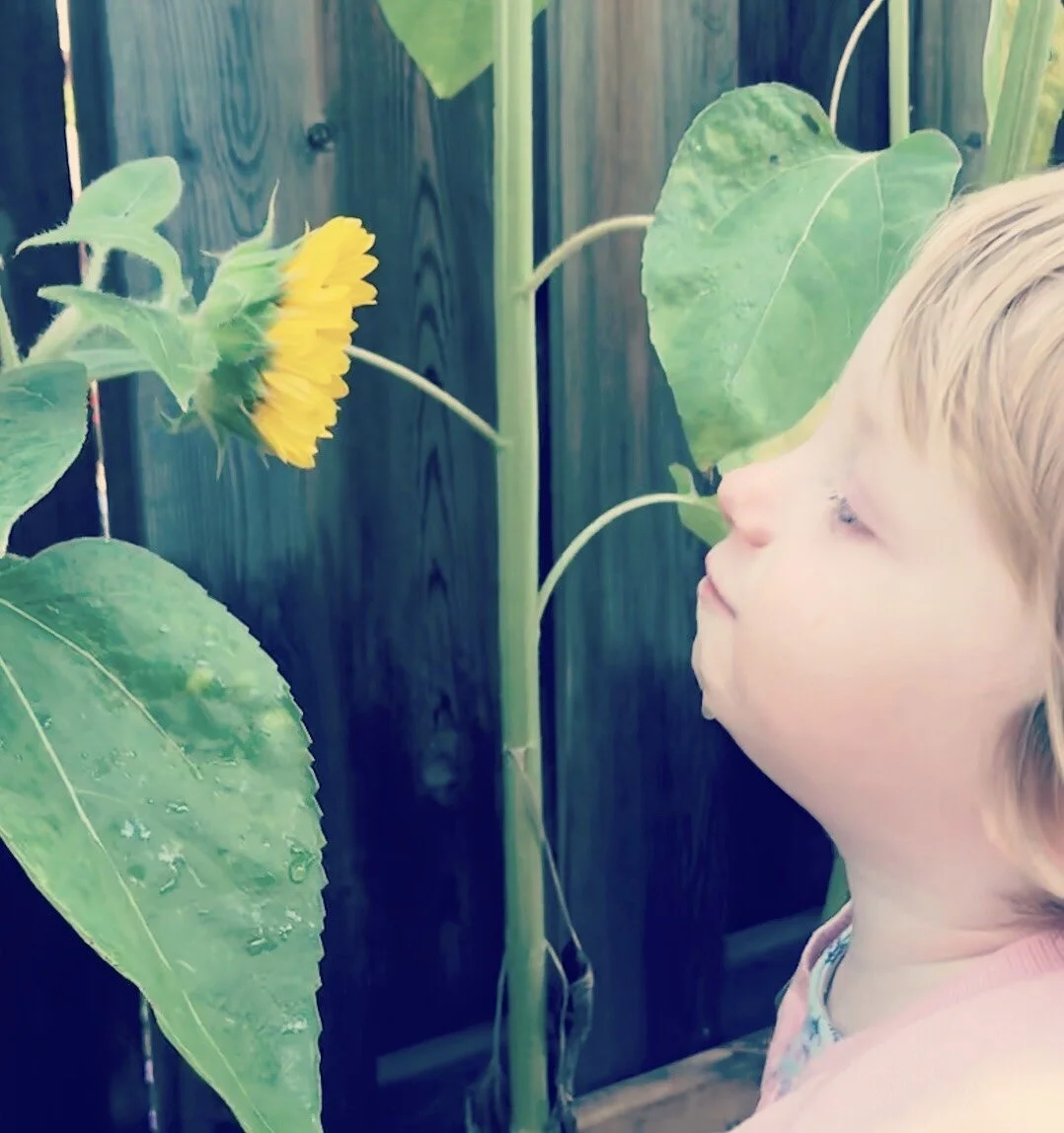Nurturing Connections Through Mindful Moments
Stacey Boe
Nurturing Connections Through Mindful Moments
At a time where there is uncertainty, questions, concerns, and stressors it can be particularly difficult to embrace the moment and be present. We may find that our mind jumps into predicting the future and worrying about what could happen next. Although there is always room for planning and problem-solving for the future, it is also important to pause from this line of thinking, and bring our mind back into the moment. The present moment is where we live our life, it is here that we can actively nurture relationships while being in tune with our own needs.
When we are present we can observe, listen, empathize, reflect, and engage in relationships to a degree that has a powerful impact on nurturing and growing connections. I’m sure most of us have experienced talking to someone who is very engaged in what we are discussing versus someone that seemed as though they were not listening at all. What is the difference in connection felt? What is the difference in emotions felt?
You may have heard of the term mindfulness, and that is essentially what I am speaking about when I discuss being present. Are there certain distractions that consistently take you away from being present within your relationships? For some it may be the television, phone, news, or social media. An individual may find themselves falling into continuous thoughts about the past or future, or frequently using technology to distract from life. In these cases one may begin to notice a negative impact on mental health as well as their relationships. Finding the right balance is key.
When working towards this balance, a helpful strategy can be to zone into your five senses. What do you see, hear, taste, smell, feel (tactile)? Zoning into external stimuli forces the mind into the present moment, and with practise can increase the habit of naturally being mindful. When it comes to relationships, zoning into your senses could mean active listening, or simply noticing the soft texture of your child’s hair as you play with it. Perhaps you take note of the giggles you hear and the wind on your face as you push your child on the swing. Maybe you notice a sadness on your child or teens face that you did not take note of before. Although the present moment may not always be a positive experience, through being present, you are able to address concerns and embrace beautiful moments. This in turn may alter emotions and stress levels while nurturing relationships.
Written by:
Stacey Boe, M.A., R.C.C.
